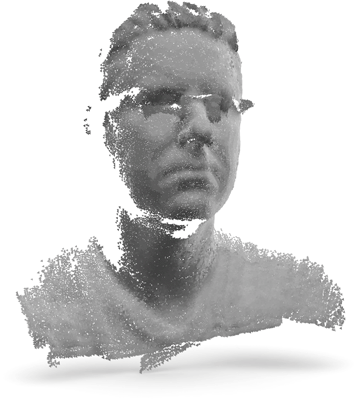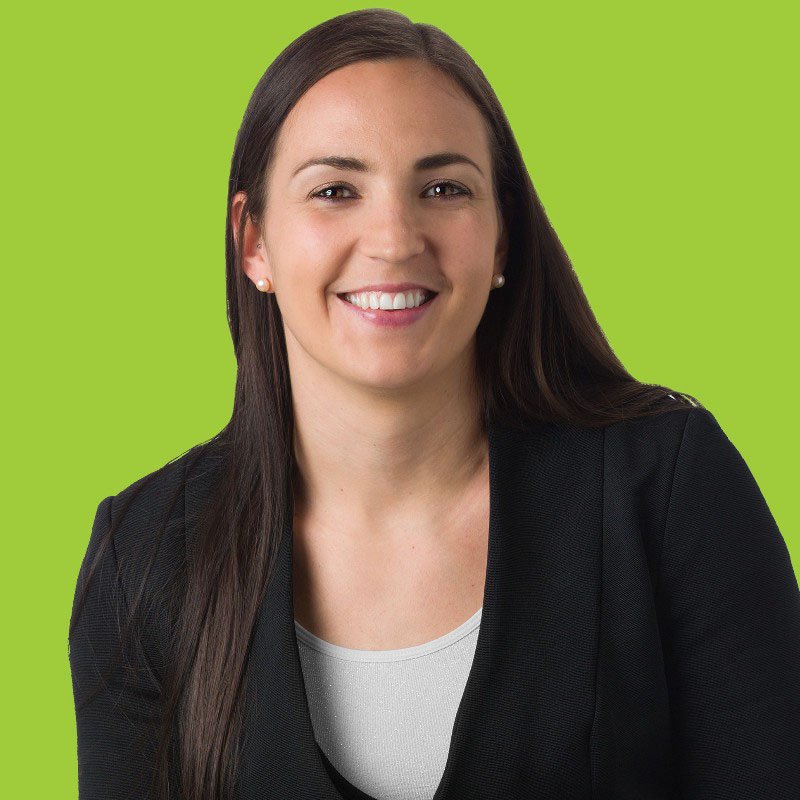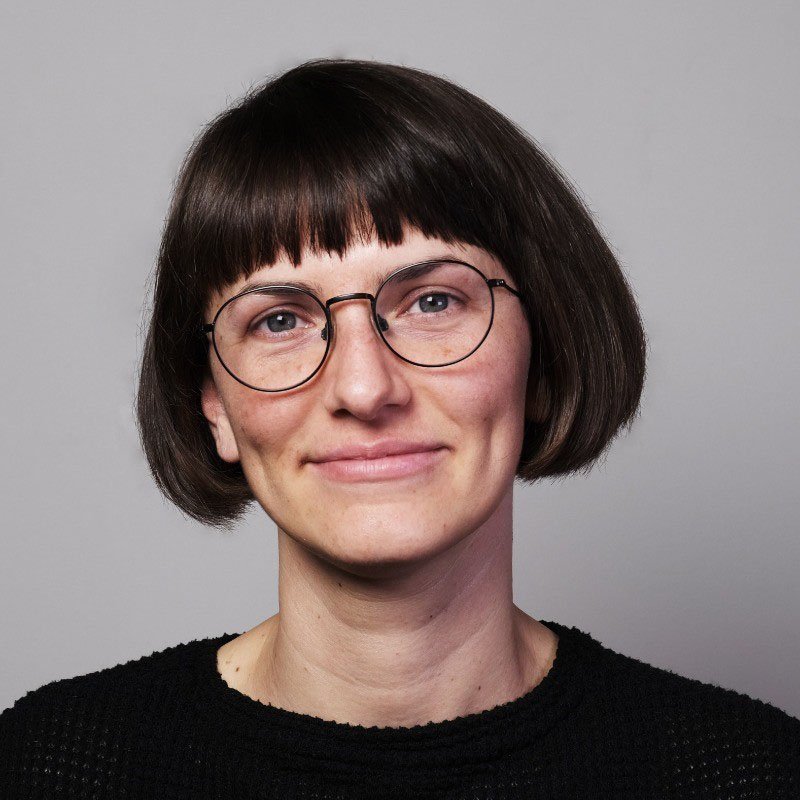
Recorded on January 26th, 2024 (Australia Day!)
FAST FIVE – Spatial AI News of the Week
From William:
The Holotile from Disney Imagineering
Legendary Disney Imagineer Lanny Smoot shows off his latest invention: a tiled floor called the Holotile, that used small rotating pucks to keep a human centered within the floor, rotating the tiles to align the resulting movement vector. The demo shows Lanny makin gfree movements, and the Holotile counters his steps to return him to a central location – then it shows two people using the Holotile at the same time – breathtaking thinking.
We are looking forward to when the Holotile can be miniaturised sonewhat, so that the user has more support-per-inch, if that’s even a unit of measure. In this way, the experience would be even more natural and fluid.
https://www.youtube.com/watch?v=68YMEmaF0rs&ab_channel=DisneyParks
From Violet:
Memory Machines

“As we document our lives more than ever before, smartphones may paradoxically diminish our ability to recall these moments. Modem collaborated with industrial designer Betuel Benitez and design researcher Kotomi Tanaka from UC Berkeley to explore how spatial technologies could revolutionise our approach to memory retention and recall. Memory Machines envisions a speculative device designed to enhance our memory through the recreation of immersive 3D scenes.”
https://modemworks.com/research/memory-machines/
From AB:
Google DeepMind released SpatialVLM: a vision-language model for spatially-aware question answering

Well dang – only a few days after our previous Episode on Spatial LLMs and semantic understanding of place & space, and Google/MIT/Stanford release a model on exactly that – the ability to understand a 2D image or video, and break it up into segmented, annotated features, based on depth and volumetrics.
From this amazing data pipeline, the last step seems… trivial? Being able to ask meaningful questions about the scene, including deep detailed questions about estimates of distance, height, and volumes.
Bonus points for being the “first Internet-scale 3D spatial reasoning dataset in metric space“. Freedom units need not apply. Research paper and project page, below – but no code released. Watch this space for fast-followers in the open-source world, no doubt.
https://spatial-vlm.github.io/
From Helena:
Unpacking LinkedIn’s algorithm?

Richard van der Blom has been busy running experiments on LinkedIn’s main feed algorithm, and has turned up a series of ‘quiet metrics’ that seem to amplify whether of not your post gets put high in the endless scrolling of work-related news and job anniversaries. Richard’s contention is that dwelling over a post, clicking the ‘see more’, and opening the comments panel all contribute significantly to the overall post ‘juice’ – moreso if those eyeballs are on the fringe of your connections than your superfans.
https://www.linkedin.com/feed/update/urn:li:activity:7155077483376091138/
From Mirek:
Google DeepMind (again!) – this time with AlphaGeometry: solving maths problems you didn’t even know existed

Google has been busy this week, releasing an ‘Olympiad-level’ AI model that understands maths problems involving geometry. Unlike the above SpatialVLM model, this one has project page AND fully working code release, so AlphaGeometry is more firmly aligned to acamedic research than commercial gain.
That said, the ability to interpret geometric math problems, and construct valid solutions/working proofs, makes this model (and those that will follow it), the obvious next step in the progression from Wolfram Alpha’s query by text, to a new world of visual-inputs and complete sementic interpretation therein.
https://deepmind.google/discover/blog/alphageometry-an-olympiad-level-ai-system-for-geometry/
HOSTS

AB – Andrew Ballard
Spatial AI Specialist at Leidos.
Robotics & AI defence research.
Creator of SPAITIAL

Helena Merschdorf
Marketing/branding at Tales Consulting.
Undertaking her PhD in Geoinformatics & GIScience.

Mirek Burkon
CEO at Phantom Cybernetics.
Creator of Augmented Robotality AR-OS.

Violet Whitney
Adj. Prof. at U.Mich
Spatial AI insights on Medium.
Co-founder of Spatial Pixel.

William Martin
Director of AI at Consensys
Adj. Prof. at Columbia.
Co-founder of Spatial Pixel.
To absent friends.
